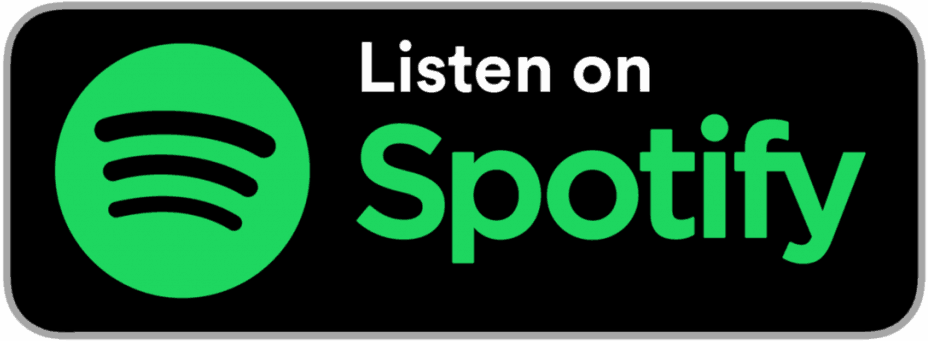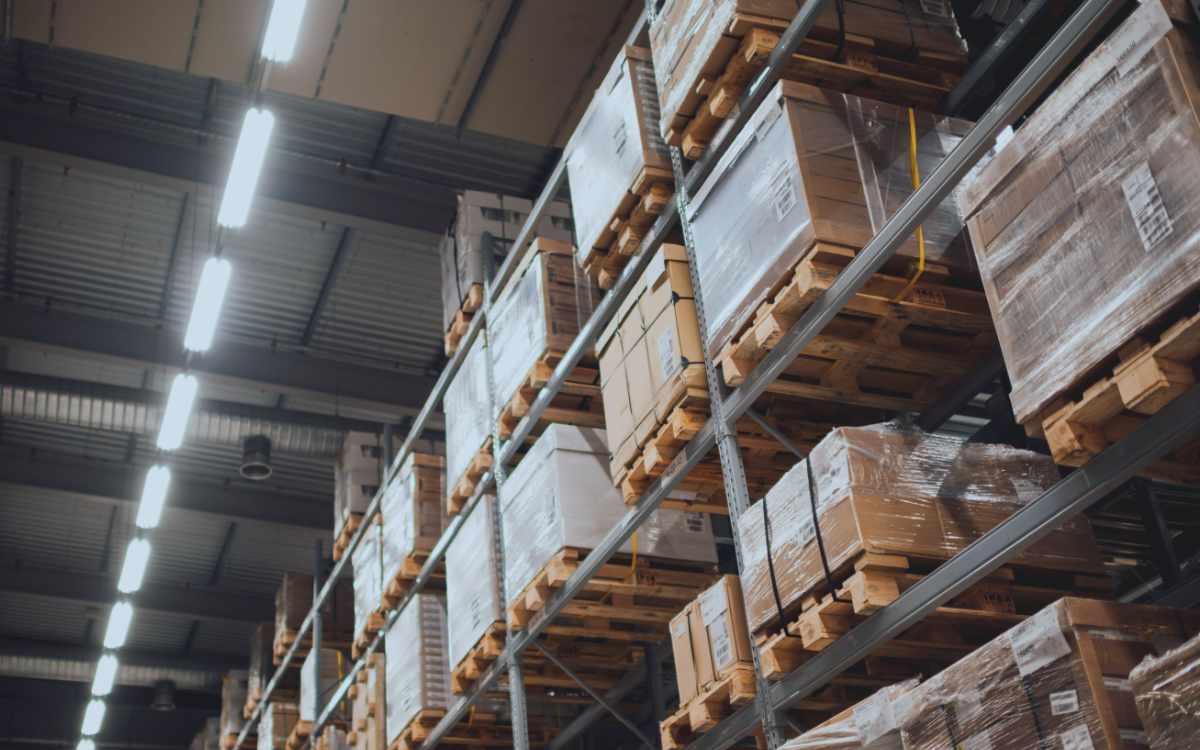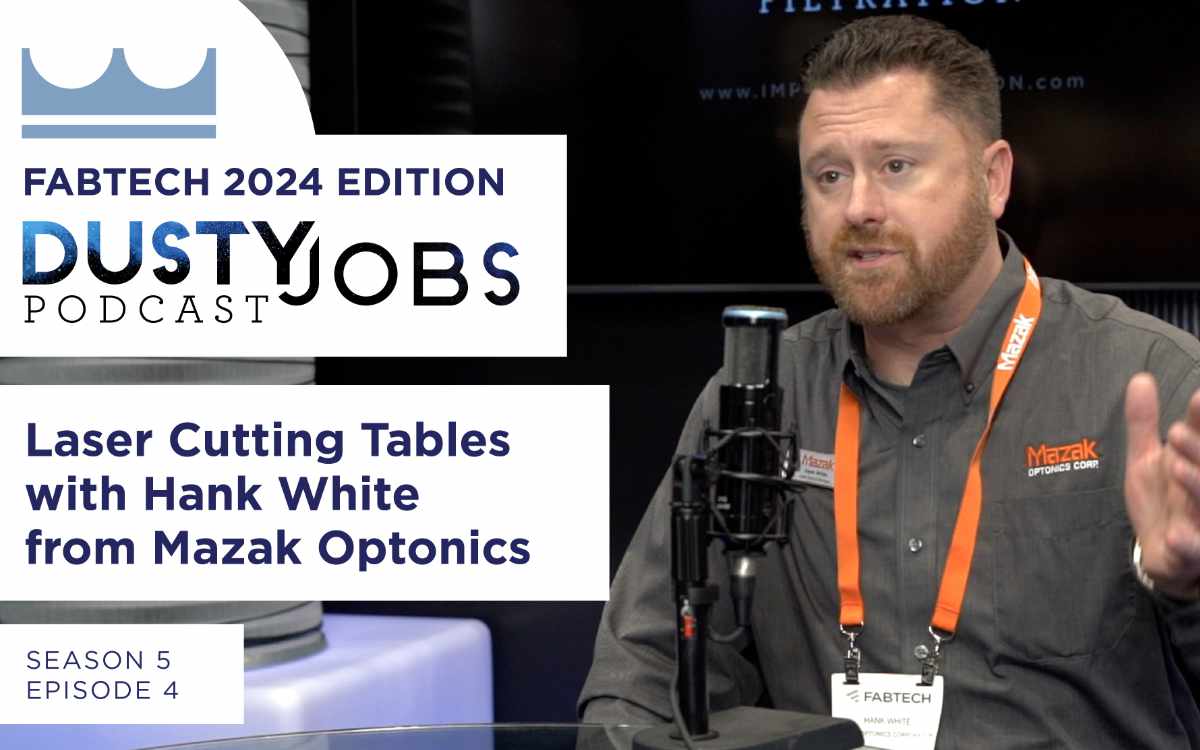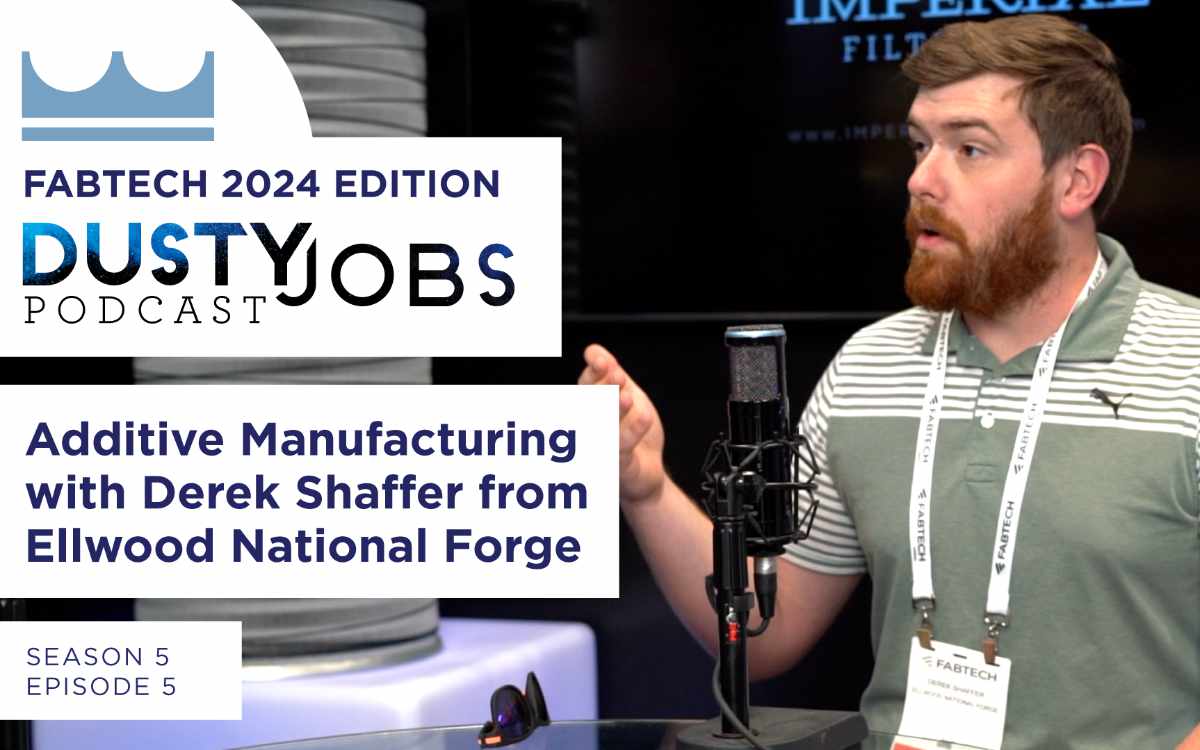In this episode we go over some current events dealing with the Corona Virus. Our guest Matt Stearns, owner of Millennial Money Management, talks about the economy and what that means for the manufacturing sector. Donovan and Matt discuss what has happened to the market so far and speculate on what we can see for the future. Imperial Systems is still up and running.
To learn more about our guest and Millennial Money Management visit: https://www.milmoneymanagement.com
NARRATOR: Welcome to the Dusty Jobs Podcast from Imperial Systems. Industry knowledge to make your job easier and safer.
DONOVAN: Hello, and welcome to another episode of the Imperial Dusty Jobs podcast. As you know, today we are doing this from home. Due to the coronavirus, we are self-isolating. But we do have a guest today via internet. It’s Matt Stearns. Matt, tell us a little bit about what you do and why you’re on here?
MATT: Hi, Donovan. Good to be with you today, along with Imperial Systems. I am the owner/founder of Millennial Money Management in Meadville, Pennsylvania. We’re a full-service wealth firm. We do financial planning and also in-house wealth management. So I’m here to talk a little bit about the economy and the market, and whatever other questions you might have.
DONOVAN: Great, great. Well, thanks for coming on. We know your time is valuable and we appreciate your insight helping us unpack a little bit of what’s going on, you know… we’re both sitting at home right now because things are a little crazy, and trying to figure out maybe how we got here, where we were, and where things are going to go, and glad for your insight on that since you watch those things on a daily basis. Let’s… how about we start about a month back. Where were we about a month back as far as the economy, Matt?
MATT: From an economic standpoint, really before the fear came into the marketplace about the coronavirus, things were looking pretty strong. Unemployment was at an all-time low, stock market at am all-time high, labor participation rate was good, consumer spending was high, people were going on vacations, and everybody looked poised for more growth in 2020. We were kind of leading up to the election here, and there were some questions that needed to be answered in the future, but from an economic standpoint things looked quite strong. And as we know, they’ve turned on a dime here recently, so there’s a lot to unpack here in what’s just happened in the last four or five weeks.
DONOVAN: Right, right. But I mean, we started off this year strong. We started off good. I know in manufacturing for us in particular, we were having a really good year at Imperial Systems, and it just seemed like almost everything happened… slammed on the brakes, flipped off the lights; it was almost like a screeching halt. Is that what you were seeing too, or… kind of bring us up to date on where we’re at now.
MATT: Yeah, it really felt like a fast-moving wave traveling all across the globe. It started obviously in China, and then when we had an economic shutdown in China for a brief period, I think it disrupted some supply chains minimally, but then it grew to South Korea, and the rest of the world started to pay attention to it, Europe and the United States, until eventually we started having cases in Italy, and we started to see European countries shut down, and now it’s here and we’re shut down. It’s disrupted global supply chains, so it’s affected a lot of industries across the board, a lot of service industries, but also manufacturing, and that’s a big result of the way that goods move across the globe, and the way we were restricting them because of the potential virus threat.
DONOVAN: I hear what you’re saying, and you know, we’ve got the kids at home right now because we’re home-schooling since they shut the schools down. We decided we should try to get a trampoline and came to find out all the trampolines are made in China… you can’t even get a trampoline in the United States. So we’re starting to see the effects now, just in our personal lives in a little endeavor trying to do that, and I can imagine that we’re seeing that across… just manufacturing in general, and a little bit of our dependency on some products being brought in from other countries.
MATT: Yeah, I think that’s a perfect example. To really speak of the extent of how serious the situation is, if we can’t get simple products like trampoline springs or whatever it might be that’s holding them back, how’s that affecting industry, and it’s alarming to me; I’m seeing disruptions in the supply chain for our defense industry, for example, because China is holding up production for things that we need to… that are in the interest of the national security, so it’s definitely a very serious situation, and we’re starting to see real economic numbers now that are being reported, that kind of show us that this has been pretty impactful and obviously most of the country’s in shutdown right now. Lucky for you guys you’re able to keep working, because of your focus on airborne health and safety, but a lot of industries are being heavily impacted and it is a little bit eye-opening to see how fickle those global supply chains are and how dependent we are on them, and they can unravel very quickly.
DONOVAN: Right. And I know for us at Imperial, being made here in the United States and being made right here in western Pennsylvania, it’s nice to be able to keep our local economy going and keep the guys working here, and also being able to help with anything we need stateside during this crisis, wherever we might be able to help out, we’re trying to do that. But so when we see that, as you start to talk about how this is affecting global supply chains, how it’s affecting… how do you see it playing out in our manufacturing sector? Do you see… if we start to look down the line, down the future a little bit… how do you think things might go?
MATT: Sure. So first of all, for the past three or four years since the new administration has come in, I think we’d seen a little bit more attention being given to the domestic manufacturing economy and the companies here in the US, getting some steel mills back up and running and supporting US manufacturing, and so that was helping, so we were watching that help, but obviously there is still a large dependency on the global supply chain. On a macro scale, we’re seeing our GDP, it looks like it’s going to be close to zero, are the projections for 2020. Q2, or Q1, excuse me, OK, so the first quarter of the year, we’re expecting GDP to fall compared to last quarter ten percent, and then another twenty-five percent decline in the next three months, so April, May, June, Q2. So it looks like the economic impact in the near term is going to be pretty severe. Those are really, really large numbers in GDP terms, so to put that in perspective, the worst quarter in a financial crisis was Q4 of 2008, and our GDP decline was eight percent, negative eight percent, and I’m talking about numbers now, ten and twenty-five percent. So this is a huge impact, and we’ve really never seen something so sharp and so sudden happen. Obviously, it’s a circumstance like we’ve never seen before. But it is going to be dramatic.
DONOVAN: I know, and you and I were talking about this before we got recording, but I remember you saying that one of the things that might help is unemployment. If we can get people back to work, that could really be something that gives the economy a boost in the arm. You got anything else to say about that? I know we were talking about that before, but…
MATT: Yeah, so obviously we just came out with our first jobless claims, so that’s people who just filed for unemployment, that was in the last week time frame since we’re recording this video, 3.3 million new jobless claims. That’s just unprecedented, and for each week here… the week we’re in now is probably going to be higher than that, the following week might be higher. So you’re talking ten million people that are going to be filing for unemployment in less than a month’s time frame, probably, is where it’s going to pan out. That’s pretty severe, and the problem or the concerning part of that is that it takes a long time for reemployment to happen. The economy could come back, get back on its feet, profitability can get back on its feet from the standpoint of companies are able to start selling products again, but companies are slow to hire back on because right now they just burned maybe a month’s worth of cash or money that they had saved up or they’d taken out more loans. So they’re reluctant to hire people back on until they get their balance sheet straightened up. So reemployment is the problem, and it traditionally takes a very long time to happen, especially after a really large spike like this. So one of the ways we can pull out of this is to rally together and get all these people re-hired as quickly as possible.
DONOVAN: Getting Americans back to work.
MATT: That’s right, and it’s got to be driven from an employer standpoint that says hey, I know we’re not in the same financial position that we were, but if the whole country pulls together and gets these people rehired, it will lessen the pain dramatically and our economy will rebound much quicker.
DONOVAN: Right. Now, I know this is not your one hundred percent realm of expertise, but if you had to just speculate on this, we’ve seen a lot of like you said, global disruption in our supply chain. Do you think down the line there might be any more of a shift toward more American companies building more American products because of just, to add some stability to their own production lines?
MATT: Well, I think there, is, has been a push, like I said, and I think it does have to do with the new administration, and that’s an apolitical statement, OK? But the problem is, and we have to be realistic about it, is the cost of manufacturing here in the United States. And so I’m not sure what needs to happen to get that sort of push back on, but if it’s another sort of “Made in the USA” type of marketing campaign or whatever it might be, to get people on board with hey, let’s rally together as a country, open up these manufacturing sites, understand that it’s going to cost more, you know, to get our inputs and materials, understand from a consumer perspective that we’re going to have to pay more for that good, but we’re supporting American jobs, we’re keeping our supply chain here in the United States, and also from a defense standpoint, you know, whatever we need from a national security standpoint, we can produce all of that if need be as well. So I think it’s a mindset thing, because we’re not going to be able to compete on price, so we’re going to have to just pony up and be willing to do it, and it’s going to be a psychological thing.
DONOVAN: Right, right. So I think that’s what we need in these times is some hope and seeing where we can go, and a clear understanding of, if we get together as a community, as a nation, what we can do to help get through this, not just by washing our hands and trying to be as safe as we can, but thinking down the line to how we can help get our economy back on line and get everybody back to work, and do what we can. We were also talking about earlier, the number one thing is we just gotta do what we can as individuals to try to be healthy and safe, so that the sooner we get rid of this health issue, we can get back to working and get the economy going. Right? Isn’t that what you’d say, Matt?
MATT: I couldn’t agree more. I think it’s a rallying cry here that this virus is impacting every single American, and it’s time for America to come together, to put their differences aside, political or whatever they may be, take care of yourself first and your family, and look after your neighbors, and the quicker we do that, employers looking after their employees, the quicker we all can rebound, get back on our feet, and get back to the way that things were, you know, just a few months ago. So I think you’re right on point, Donovan.
DONOVAN: Well, you know, our mission statement here is try to provide a healthy, safe work environment for everybody, and we’re hoping we’re going to do that individually by doing everything we can, and health and safety is one of our number one concerns here at Imperial. So just want to thank you for coming on, I want to thank everyone for listening, giving us a minute to talk about how we’re still doing strong here at Imperial and working in manufacturing. Matt, thank you for giving us a little insight onto the economics of where things are and where they were, and just once again, thanks for coming on.
MATT: Thank you very much, Donovan. It was a pleasure being with you. Hopefully we get to do it again sometime.
NARRATOR: Thank you for listening to the Dusty Jobs podcast. Breathe better, work safer.

 .
. 






